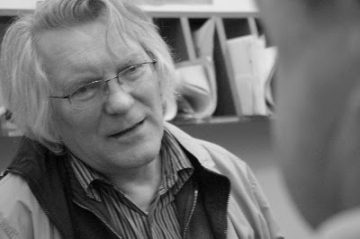Életrajz
László Ropolyi (1949) graduated in physics and philosophy at the Eötvös University, Budapest. He holds a doctor of university degree in biophysics and a PhD in philosophy. For about forty years his job was to teach philosophical courses for science and mathematics students at the Department of History and Philosophy of Science of the Eötvös University. During this time he taught ca. 30-40 different courses on history of philosophy, history and philosophy of science, philosophy of nature, philosophy of technology, philosophy of the internet, philosophy of culture, and several other topics. He had a wide range of research interests stretching from “real” scientific research to various historical and philosophical issues. However, in the last 10-15 years his research was focused on the philosophy of the Internet – trying to understand the complex nature of the Internet and the impact of its use on human life. He presented his results regularly at international conferences and published about 100 papers and several books on his research topics.
Virtuality as third reality: representation ontologies in the information age
One of the most important philosophical lessons of our age is the understanding of the social and cultural consequences of the use of new, representation (information, communication, cognitive and cultural) technologies. In this understanding new kind of ontological problems are coming to be and their analysis has crucial significance. It seems to be clear that the “classical” concept of reality is not sensible enough to depict the situations created by the extended use of representation technologies. We need new concepts of reality. The concept of virtuality as a third form of being can be considered as a likely approach to the better understanding of reality within the social and cultural spheres. My research intends to analyze of this virtuality – reality problem in two contexts: 1) as a crucial problem of philosophical and ontological thinking, and 2) as a rising problem of the contemporary culture.
